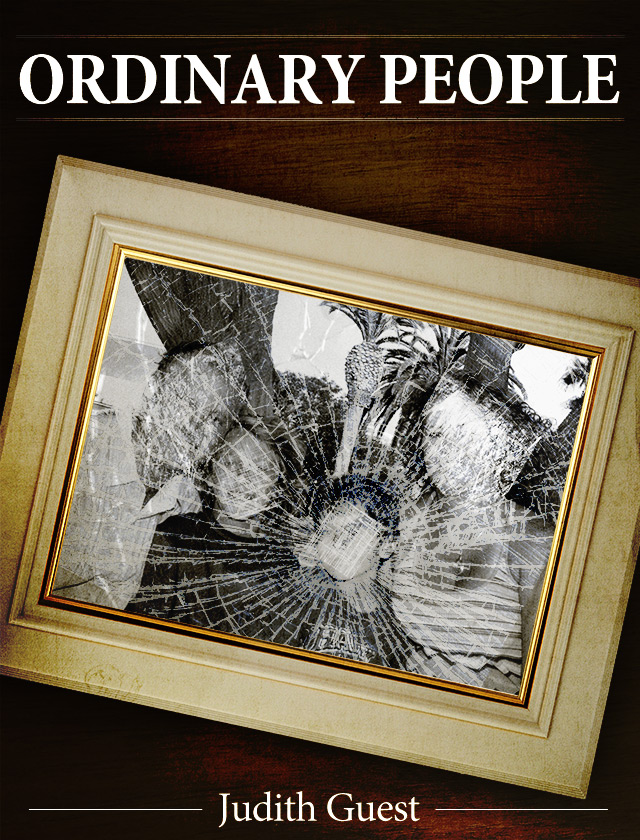Ordinary People
by Judith Guest
Story Symbols and Themes
Themes
Themes are the central topics or messages that the author is trying to convey.
Loss
One of the overriding themes in Ordinary People is loss. The novel focuses on a family that is desperately trying to cope with the death of its oldest child, and the loss of Buck is a constant part of the novel. However, Buck’s death is not the only loss in the novel. Conrad’s friend Karen kills herself during the course of the novel. Calvin lost a relationship with his mentor, Arnold Bacon, prior to the novel, but revisits that loss during the novel. Calvin is an orphan who never knew his father and whose mother abandoned him at a young age. Jeannine’s parents divorced, and she no longer has her father in her life. In addition, other people, such as Nancy Hanley, live in scenarios that other people might describe as intolerable in order to avoid experiencing loss. Thus, loss is a theme that recurs in all elements of the novel.
Even more than loss, how to cope with loss is a featured theme. Conrad is plagued by the idea that feeling loss is depression and means that he is out of control, and Dr. Berger has to work with him so that he can accept the idea that grief is acceptable. Calvin, on the other hand, is obsessed by the idea that if he simply exercised more control, he could somehow avoid experiencing any additional losses. Beth seeks to avoid experiencing loss through denial. Watching each of these characters as they grow and cope, the novel clearly tries to make the point that denial is not helpful and does not allow one to progress through loss. At the novel’s end, Beth is the single main character that has failed to achieve any growth.
Mental Illness/Suicide
Undoubtedly, a novel about a teenager after a suicide attempt must deal with mental illness in some way. Written in the 1970s, the understanding of mental illness, particularly depression, was far less than the modern understanding of depression. So, the idea of depression as a lack...
Sign up to continue reading Story Symbols and Themes >